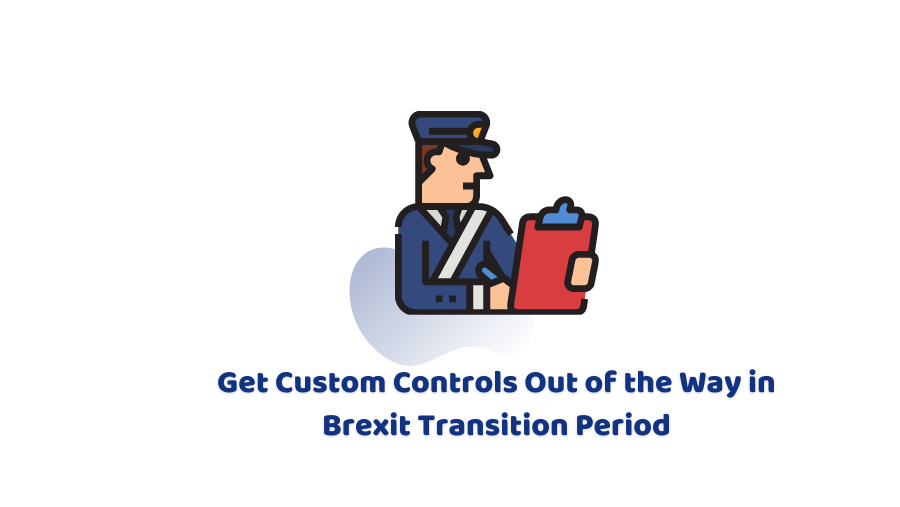HMRC has given clear instructions on how you must prepare for the staged introduction of customs during Brexit transition period. People who want to be more involved in the supply chain need to talk about other things and find out more about EU border requirements, procedures or access to EU or individual member state systems. You need to meet these before moving your goods. Here’s how the process rolls:
1- Go for a GB EORI Number
You’re in a desperate need of a GB EORI number. What’s EORI number you ask? Economic Operator Registration and the Identification number is important for all businesses to move goods in and out of GB. This completely involves the people who’re delaying their import declarations. If you don’t have a GB EORI, clearly it will be very hard for you to transport goods in and out of UK when the Brexit transition period is over. You need to apply for it. The application process normally takes place online and takes about five to ten minutes. However, it might take a week to get the application processed. HMRC managed to auto-enrol VAT registered business with EU trade. All these businesses didn’t have an EORI number. Make sure to check you’ve got an EORI number before applying because you won’t be given another EORI number. If you’ve lost the EORI number given to you by HMRC, you need to catch up with the concerned authorities to get one made. EU based traders need a GB EORI number to carry out border formalities in GB.
2- Here’s How you Apply for a GB EORI Number
Some GB traders or hauliers need to make sure that they’re also applying for EU EORI number separately. All the traders need an EU EORI number if their business makes custom declarations or gets a custom decision in EU.
3- Work on Custom Declarations
Custom declarations get a bit complicated. If you’ve got a business that trades outside EU, you can get help from custom agents, Fast Parcel Operators (FPOs), and Freight Forwarders (FFs) to meet all their requirements precisely.
These peoples are also called intermediaries because they help out all the people to submit declarations to HMRC. This includes other examples like the value of the origin of goods. If you’ve got an intermediary by your side, the whole declaration process for traders gets ten times easier. To help you sort out things, the UK government is already working on a grant scheme to help out people with declarations themselves.
If you’re self-sufficient enough to fill out all the details yourself, you don’t need an intermediary. All you need to do is work on the HMRC system or purchase software and get on with it. If you’re a GB trader who is too preoccupied with other tasks, you might want to take up this one on yourself too.
4- Get your Hands on a Duty Deferment Account
One of the most basic rules of customs is that you need to declare imported goods and make sure your duties are paid too. This includes VAT, customs and excise duties too while carrying out your imports. So what about the importers who’re carrying out the task on regular basis. They’ve basically got a duty deferment account and they’re benefitting the most out of it.

